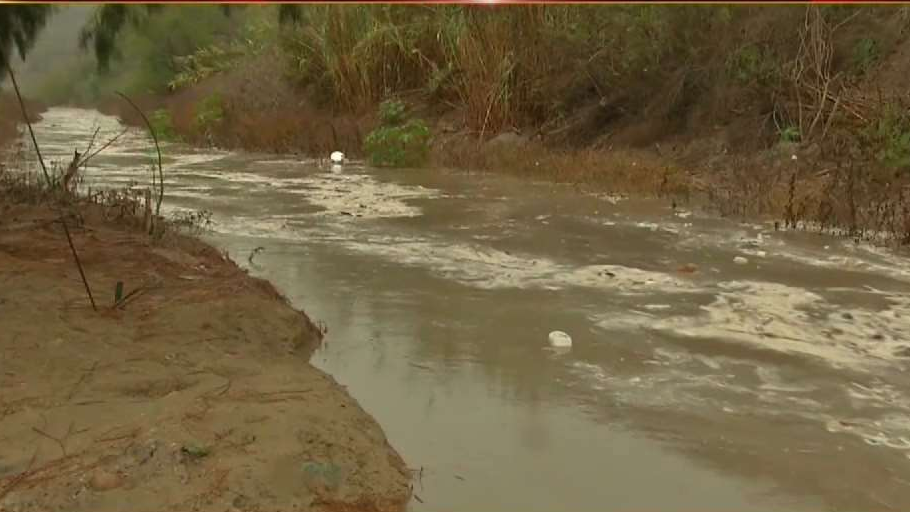San Diego’s Water Department failed to “plan, budget, or manage” the $76 million dollar rollout of the conversion to wireless water meters, says a new report from the City Auditor.
The July 11 audit comes as the city has restructured the Public Utilities Department after hundreds of residents found irregularities on their water bills last year. Data obtained by NBC 7 Responds showed the city refunded more than $1.1 million dollars in errant water charges in 2018 alone - $8.3 million citywide since 2015.
NBC 7 Responds, along with its media partner Voice of San Diego, documented many of those complaints in a nearly two-year investigation into the city’s largest department.
During that investigation, NBC 7 Responds found some of those billing complaints were caused by the installation of smart water meters, also called the Advanced Metering Infrastructure (AMI). Among the issues: retrofitted water meters which were incapable of recording accurate water usage, in some cases resulting in thousands of dollars in overcharges.
NBC 7 Responds also discovered a manufacturing defect from one of the city’s water meter vendors which the city had failed to report.
The city launched several audits as well as an internal investigation in response to NBC 7 Responds’ reports.
The newest audit centered on the city’s implementation of the wireless water meters.
Local
“We found significant management deficiencies, staffing issues, and implementation of a new work order tracking system, all contributed to delays in implementing AMI citywide,” read the July 11 audit report.
Those delays are not insignificant.
The water department had initially planned to have the conversion to wireless water meters completed by December 2017. As it stands now, only six percent of the city’s more than 280,000 water customers currently have a working wireless smart meter.
The delays have resulted in cost overruns of more than $16 million dollars, according to the audit.
In addition to delays and cost overruns, the audit also found staffing shortages for crews in charge of converting water meters.
“Between July 2015 and March 2019, the meter replacement group had an average monthly vacancy rate of 22 percent and an annual turnover rate of 44 percent,” reads the report.
And, the crews that were in place, says the report, were “significantly” less productive than anticipated. This led to the Public Utilities Department not accurately tracking labor costs.
Lastly, the auditor found managers failed to place controls that would track and monitor data entry errors. Because of that some customers did not receive water bills or received several water bills at once.
According to acting director Matthew Vespi, the department has already implemented some of the auditor’s recommendations including drafting a new installation plan, which Vespi hopes to have completed by next year.
Meanwhile, the smart water meter implementation is currently on hold.



